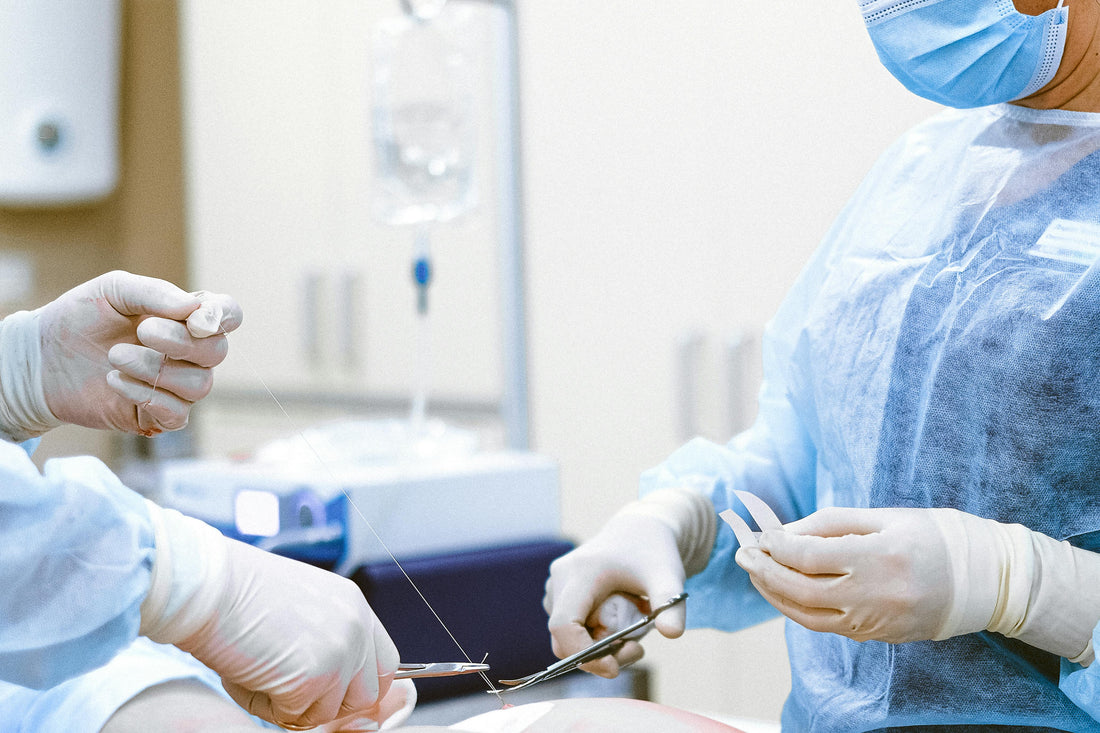
What Happens to Your Muscles After Major Cancer Surgery?
Share
Major abdominal cancer surgery is a tough journey. Most patients and their families focus on removing the tumor and surviving the operation. But there's something else that happens quietly after surgery—significant muscle loss. This condition is known as acute myopenia, and it can affect recovery more than you might expect.
What Is Acute Muscle Wasting?
After a major operation like cancer surgery, many patients experience a fast and noticeable decrease in muscle size and strength. This isn't just about being tired. It's a physical loss of muscle mass that can continue for weeks after surgery. In a recent study, half the patients lost more than 10% of their thigh muscle size within just one week.
Why Does Muscle Loss Matter?
Muscles aren't just for movement. They help with breathing, posture, and overall energy levels. Losing muscle makes it harder to walk, breathe deeply, or do basic tasks like sitting up or going to the bathroom alone. For patients recovering from surgery, this can mean longer hospital stays and slower returns to normal life.
What Causes This Muscle Loss?
The study highlighted two main suspects:
- Insulin Resistance: After surgery, the body often becomes less sensitive to insulin, a hormone that helps build and protect muscle. Patients who were insulin resistant lost more muscle.
- Selenium Deficiency: Selenium is a mineral that protects muscles from damage. After surgery, blood levels of selenium dropped, and those with lower levels had more muscle loss.
Other factors may include inflammation, stress hormones, and reduced activity in the first few days after surgery.
How Do Doctors Measure Muscle Loss?
Researchers used simple tools:
- Ultrasound scans to measure thigh muscle size
- Handgrip tests to check strength
- Breathing tests to assess diaphragm function
- Activity monitors to track movement after surgery
These gave a clear picture of how the muscles changed over time.
Can Muscle Loss Be Prevented?
The study suggests a few strategies:
- Early movement: Patients who moved more during the first two days after surgery lost less muscle.
- Better nutrition: Getting enough protein and important nutrients like selenium may help protect muscles.
- Physical therapy: Encouraging walking and breathing exercises early could make a difference.
More research is needed, but these small steps could have a big impact.
What Can Patients and Families Do?
If you or a loved one is preparing for major cancer surgery, here’s some practical advice:
- Ask about prehabilitation: This means building strength before surgery through light exercise and good nutrition.
- Plan for early movement: Talk to your care team about walking and breathing exercises right after surgery.
- Track recovery: Notice any signs of weakness, breathlessness, or low energy, and share them with your doctors.
- Consider supplements: If recommended by a doctor, selenium or protein supplements may support muscle health.
Final Thoughts
Acute muscle loss after cancer surgery is common, but it doesn’t have to be ignored. With awareness, early care, and simple steps, patients can protect their strength and improve their chances of a smoother recovery. It’s not just about surviving the surgery—it’s about living well after it.
